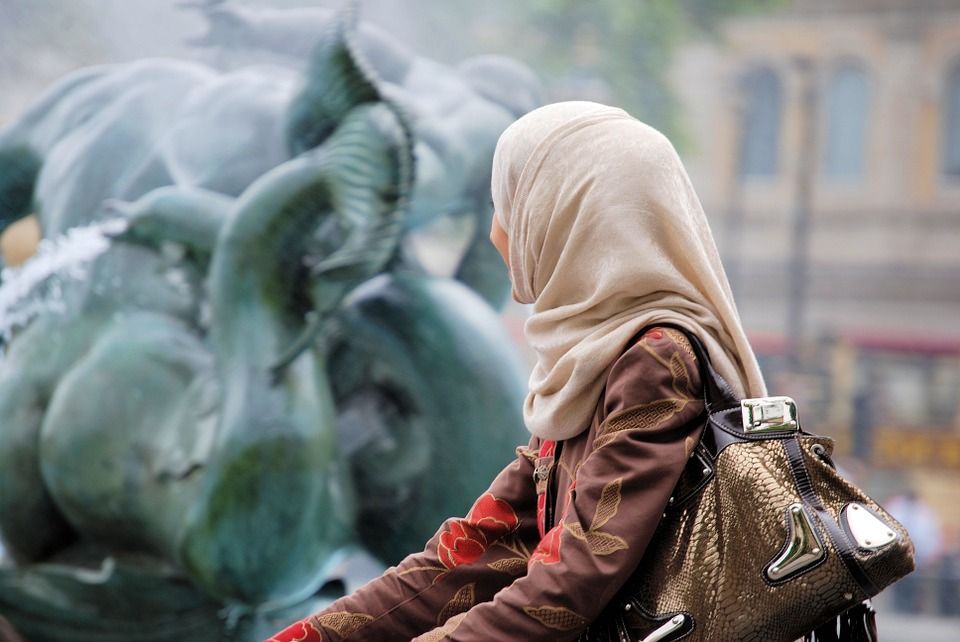With more and more Muslim tourists getting out there to explore the far corners of the world, destinations in Europe are becoming increasingly popular. Denmark, however, is not among the most favourable locations.
The annual 2016 Global Muslim Travel Index (here in English) compiled by halal travel authority CrescentRating, in co-operation with Mastercard, reveals that Denmark ranked a lowly 72nd out of 130 nations.
Denmark scored highly in the ‘Safe Travel Environment’, ‘Communication’ and ‘Family Destination’ categories, but fared poorly in the ‘Dining Options’, Prayer Space Access’, ‘Awareness and Reach-out’ and ‘Airport Services’ categories.
Denmark can at least rest assured that it fared better on the list than its Nordic neighbours Sweden (ranked 75), Norway (77) and Finland (97).
READ MORE: Eight out of ten travellers say they are satisfied with Danish train service
Halal holiday
But it had nothing on Malaysia, which finished top of the index ranking, followed by the UAE, Turkey, Indonesia and Qatar. Saudi Arabia, Oman, Singapore, Morocco and Jordan completed the top 10.
The UK was the top western European nation on the list with a ranking of 21, followed by France (32), Spain (37), Belgium (39) and Germany (43).
It is anticipated there will be 168 million Muslim tourists worldwide in 2020.















